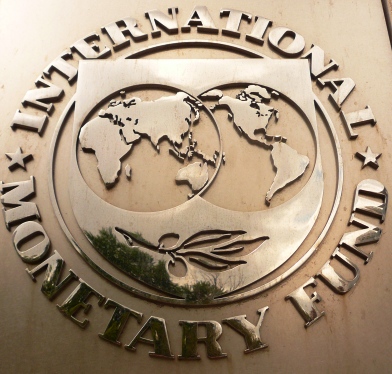Nigeria’s Debt Shift To Increase Exchange Rate Risks — IMF


The International Monetary Fund new borrowing plan that will make the Federal Government rely more on foreign loans than domestic ones will create exchange rate risks, the institution has said.
The government advance to issue USD5.5 billion debt instrument by the end of this year, most of which would go to refinancing existing domestic debt.
The issuance would more than double the country’s outstanding dollar bonds to about USD9 billion and is in line with a strategy to shift the economy’s debt profile by doubling the portion of the foreign debt to 40 percent of the total. IMF’s Africa Department Director,
Mr. Abebe Selassie was quoted by Bloomberg as saying,
“IMF understands the authorities’ needs to rebalance its portfolio of domestic to foreign debt.
Such a shift would, however, make the economy more vulnerable to exchange rate depreciation.”
But the Director-General of the Debt Management Office, DMO, Mrs. Patience Oniha, had noted last month, that she doesn’t see any currency risks given the government’s growth plans that will generate more foreign exchange. Nigeria’s new borrowing plan would entail raising foreign debts through the selling of bonds in tranches of USD2.5 billion and USD3.0billion including a mix of Eurobonds and Diaspora bonds.
With Nigeria’s Eurobonds yielding an average six per cent, almost nine percentage points less than the price for Naira bonds, the government expects to reduce its debt-service costs, which the IMF see as almost tripling to about 62 per cent of revenue this year. Selassie said
“We expect that it will help the government extend its maturity profile, decrease debt-servicing costs, and reduce private sector crowding out.”
Source: Vanguard










